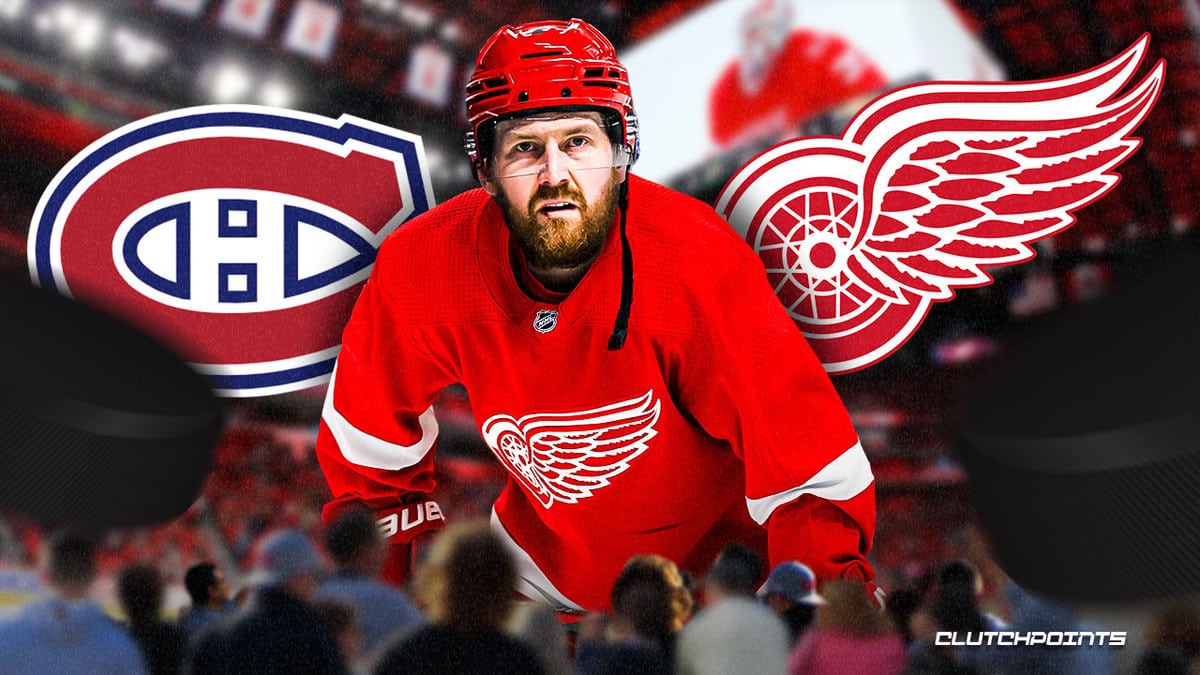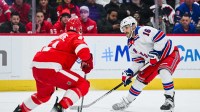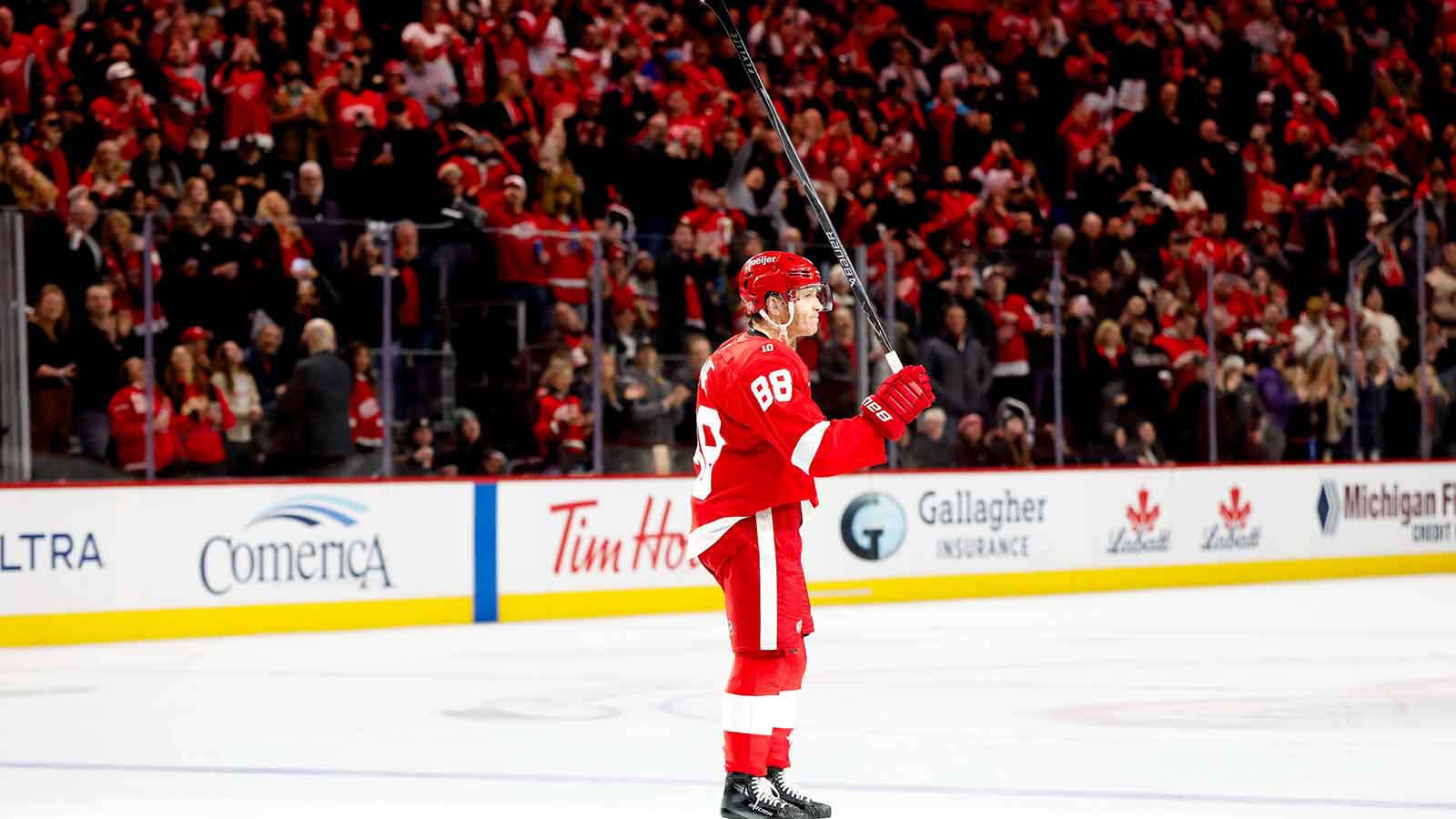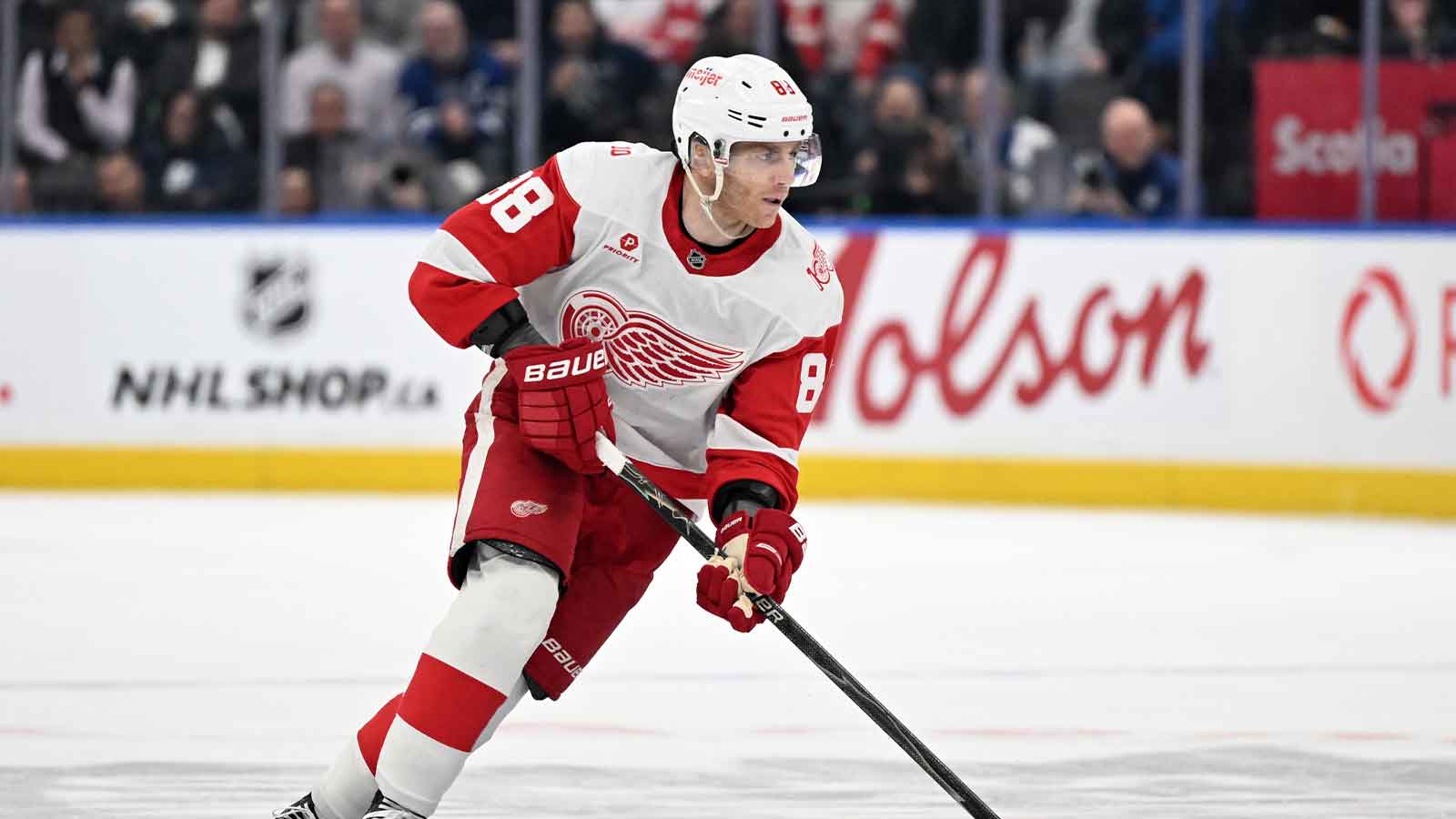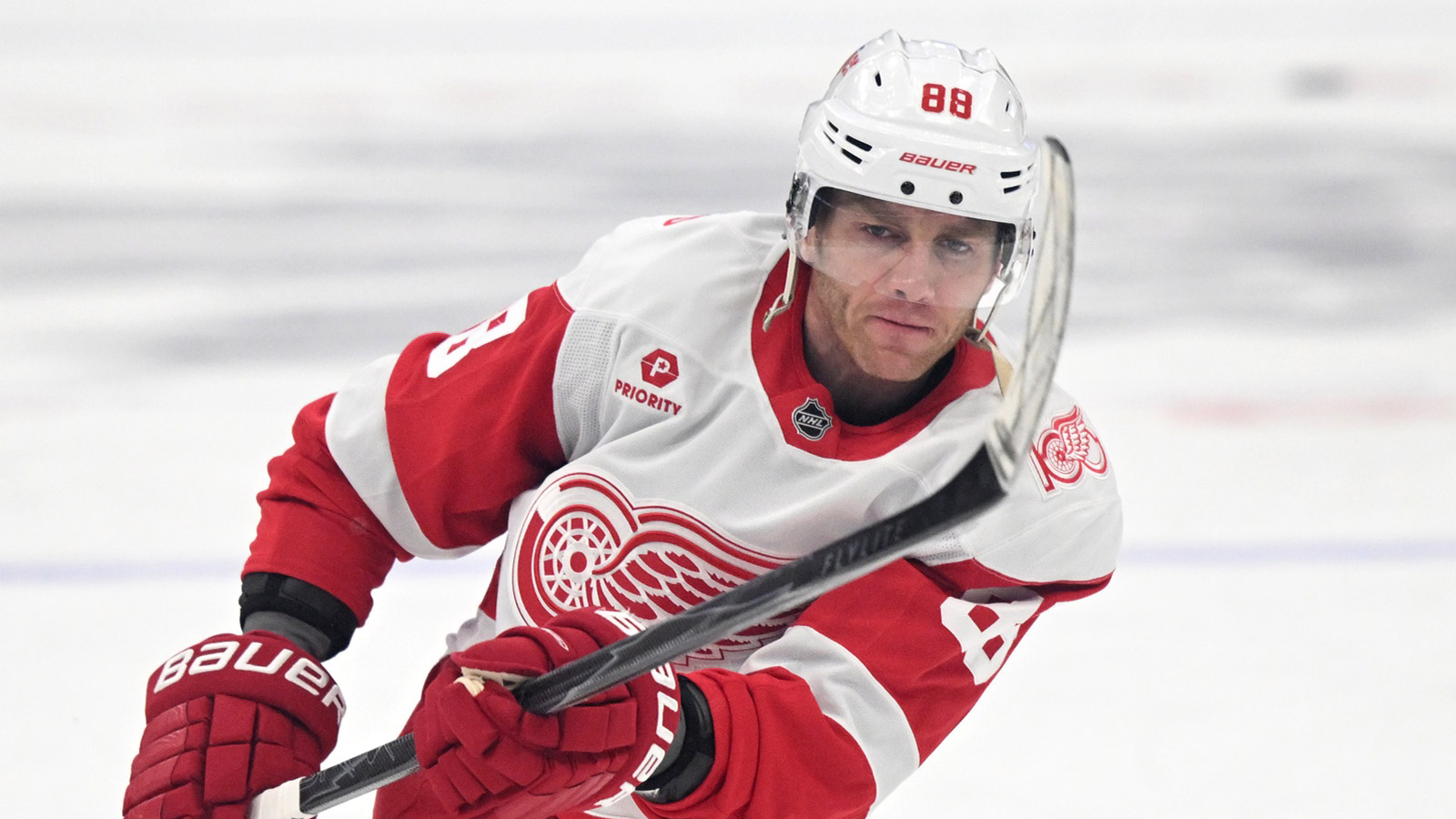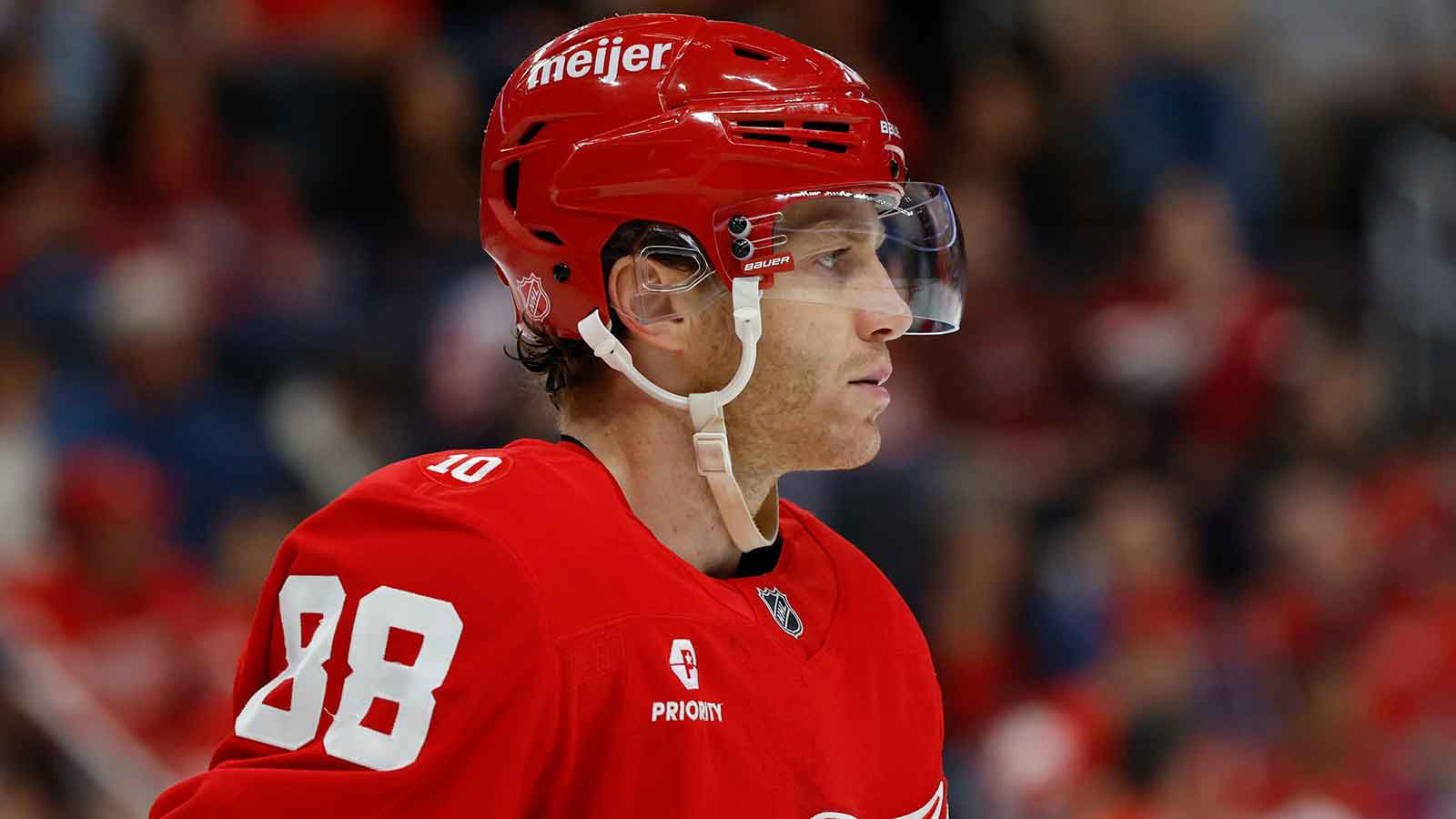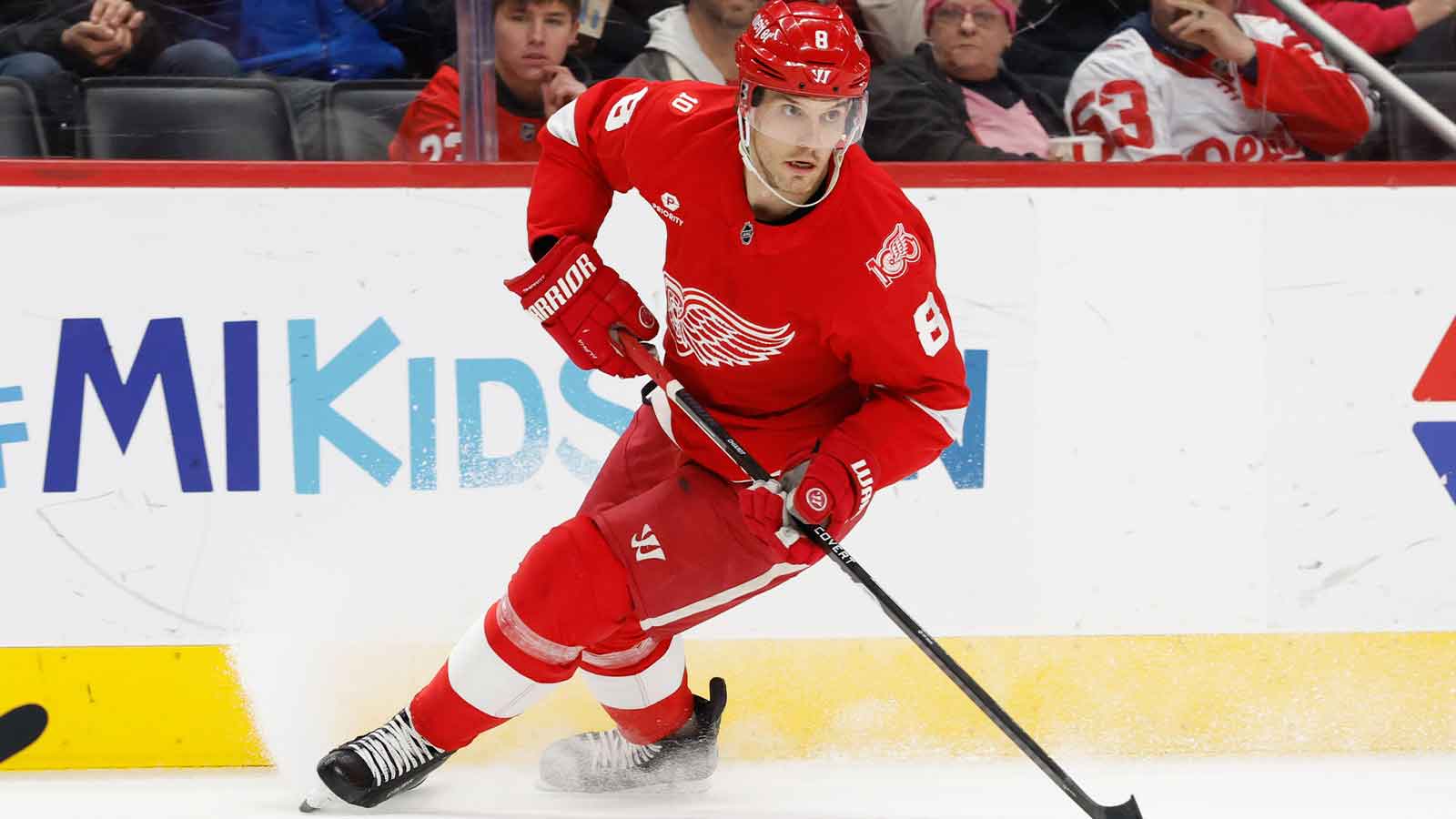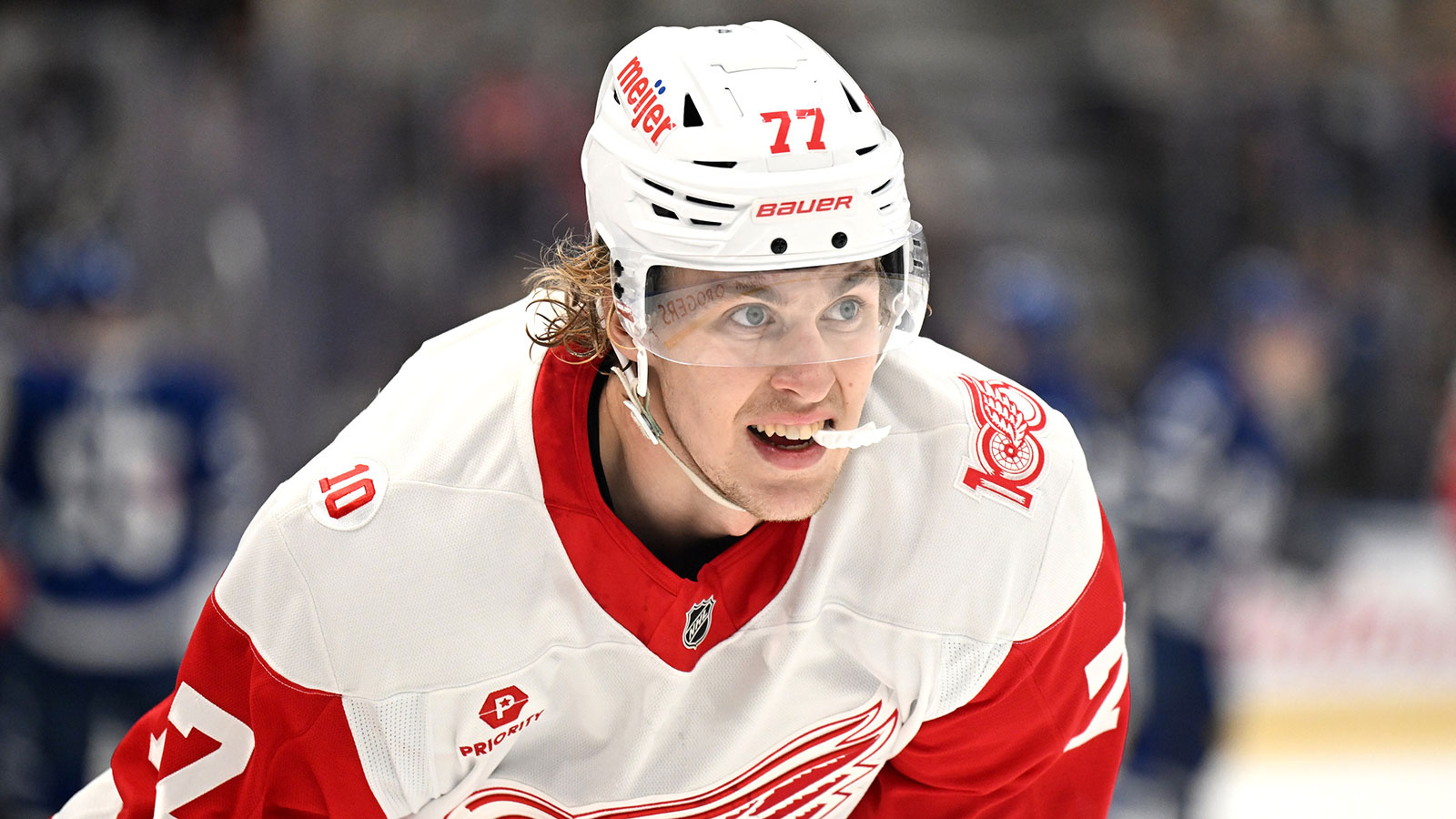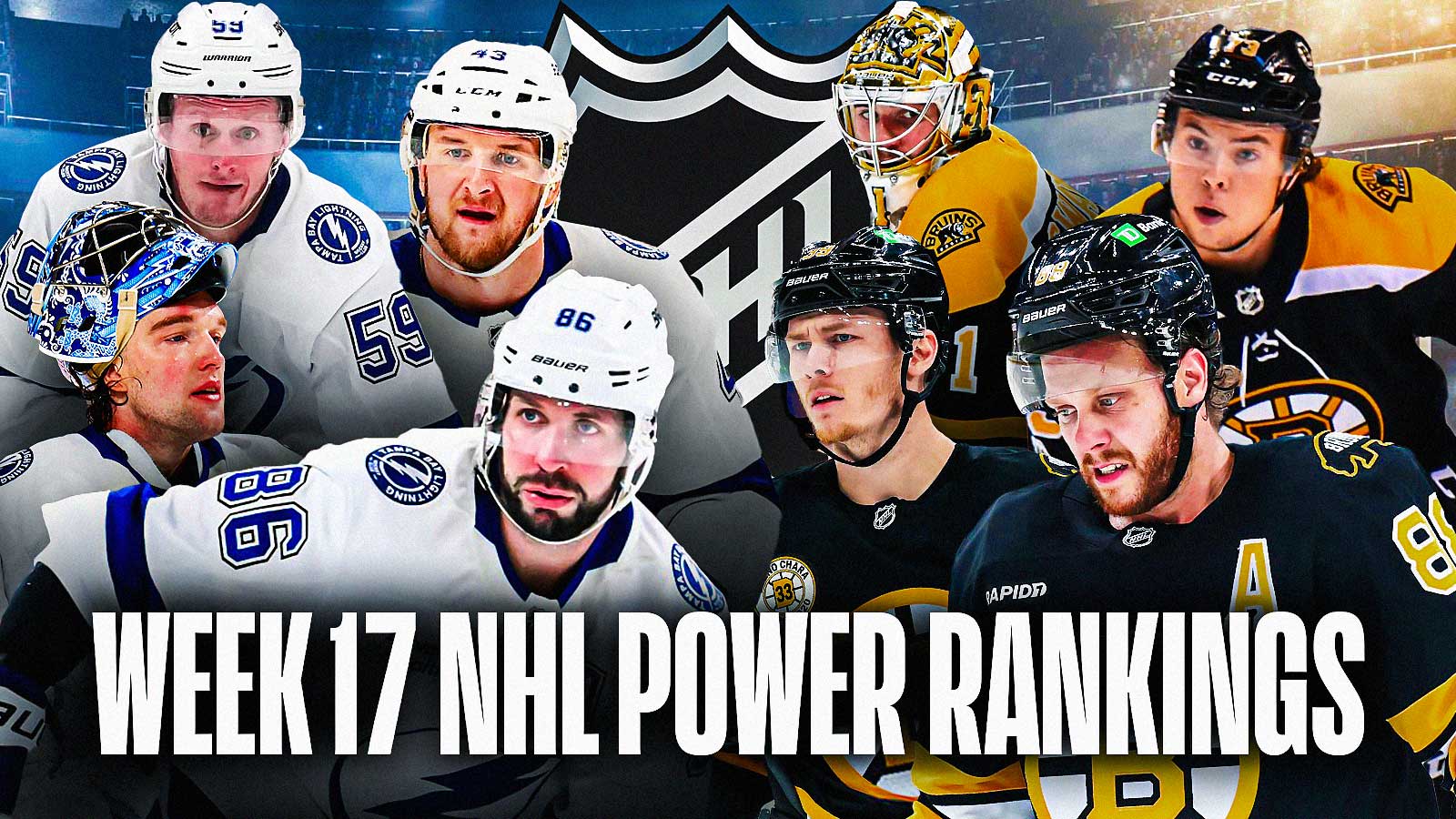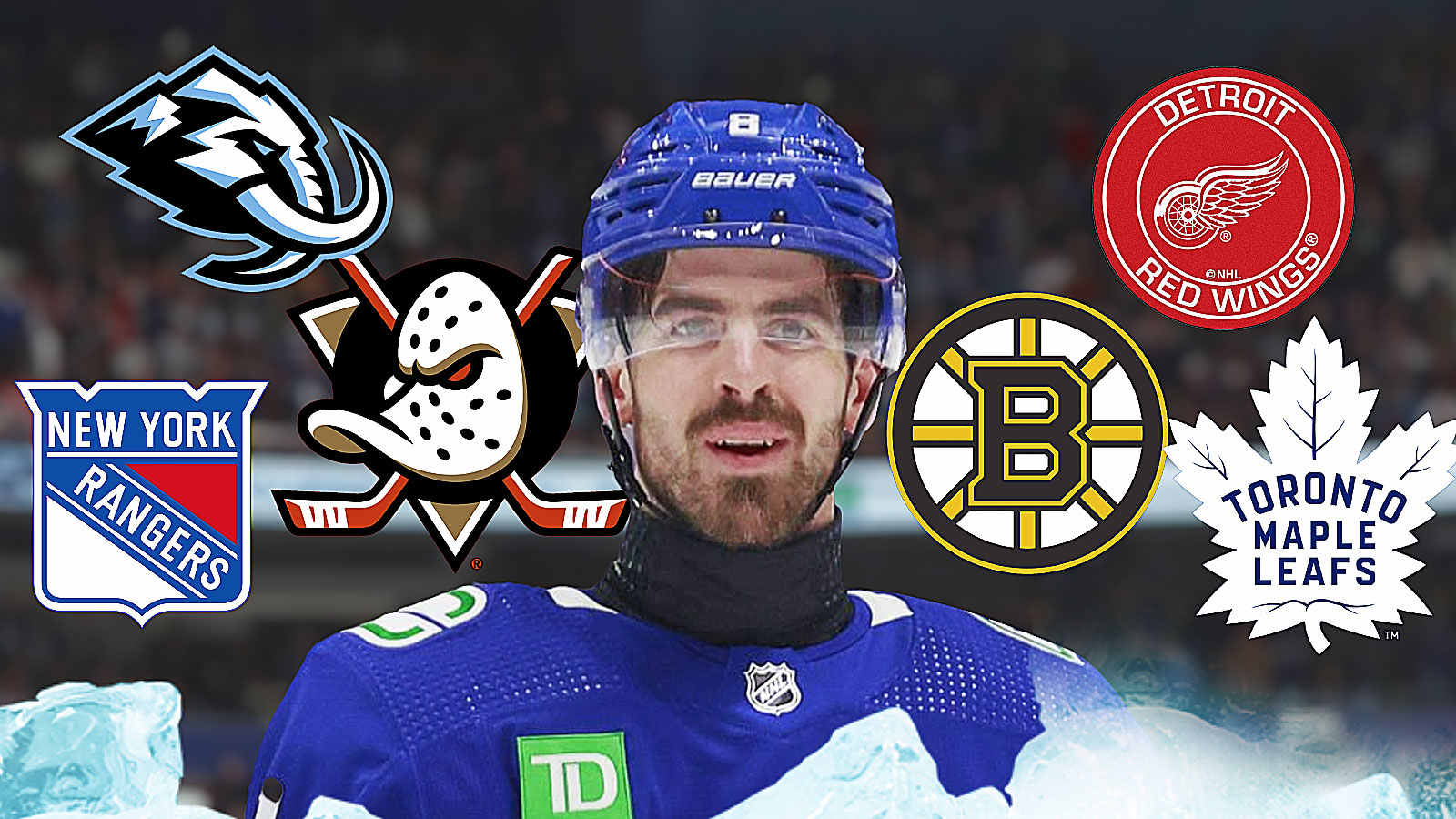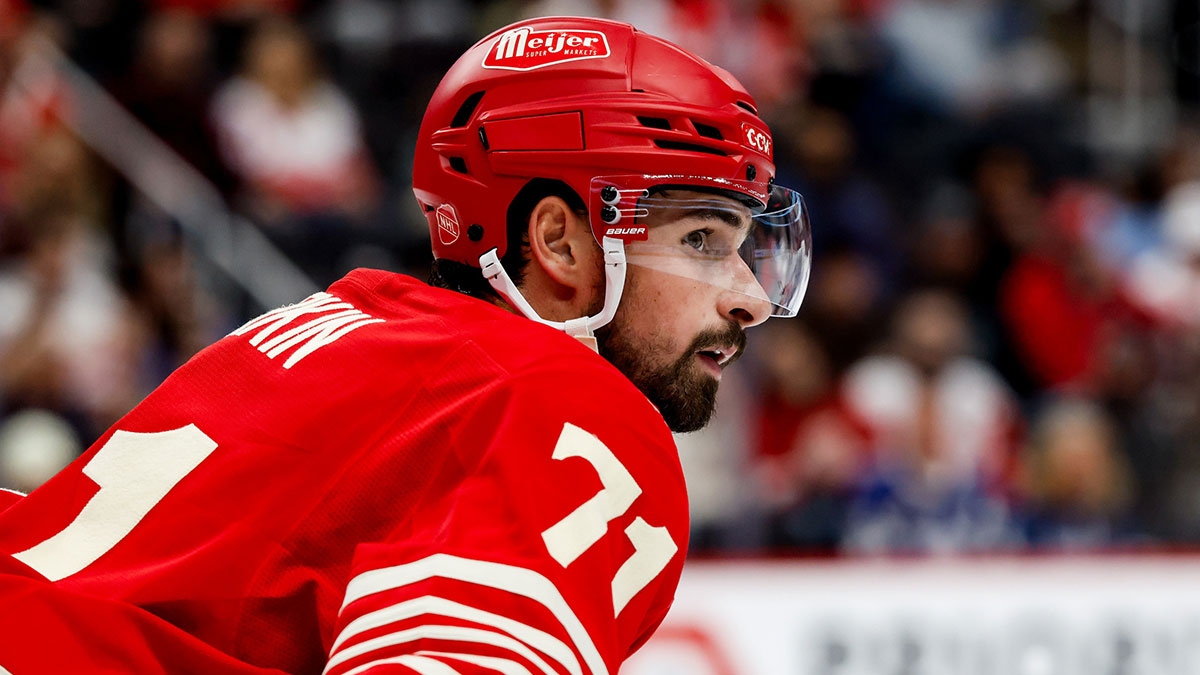The Detroit Red Wings came out of nowhere on Tuesday to bring in a native son. Ann Arbor native Jeff Petry joined the team via trade with the Montreal Canadiens. The 35-year-old brings another veteran voice to Detroit's blueline and is an interesting fit with the team. With the dust settling a bit on this move, let's see how the Red Wings and Canadiens actually did in this deal while handing out grades for both clubs.
Full trade
The Detroit Red Wings acquired defenseman Jeff Petry from the Montreal Canadiens on Tuesday. In exchange, the Canadiens acquired defenseman Gustav Lindstrom and a conditional 2025 fourth-round pick. Montreal will receive the lower of Detroit and Boston's fourth-round pick in 2025, according to CapFriendly.
The Canadiens also retained 50% of Petry's salary in this deal, leaving Detroit on the hook for $2.3 million of his $6.25 million salary. As a result of the three-team Erik Karlsson trade, the Pittsburgh Penguins are on the hook for $1.5 million of the 35-year-old defenseman's salary.
Red Wings trade for Jeff Petry
First off, let's acknowledge a cool full-circle moment here. Jeff Petry gets an opportunity to play in Detroit nearly 40 years after his father, Dan, won the World Series with the Detroit Tigers. Regardless of your thoughts on the trade, this is a nice moment for Jeff and his father.
Viewing this through a hockey lens, it isn't too bad of a trade for Detroit. Petry did not play to his usual standard this past season. That much is undeniable. However, as you can see below, he didn't completely fall off the face of the Earth.
Jeff Petry, acquired (at $2.4M) by DET, is a veteran two-way defenceman who likes to shoot from the point and has a solid finishing touch for a blueliner. Definitely dipped a bit last season but didn't completely fall off. #LGRW pic.twitter.com/xCSCs6ilRZ
— JFresh (@JFreshHockey) August 15, 2023
Petry wasn't himself in Pittsburgh. However, I don't believe he'll be a black hole for the Red Wings. This past season saw Petry average around 22 and a half minutes for the Penguins. It's highly unlikely that the 35-year-old averages that much time on ice in Detroit.
Mortiz Seider is absolutely locked in as Detroit's top right-shot defenseman. Beyond that, Olli Maatta, Shayne Gostisbehere, Justin Holl, and Ben Chiarot can play on the right side. Petry can play in the top four, but he doesn't have to, and that could allow him to thrive.
Lindstrom received some chances in the NHL and showed some promise early on. However, things just didn't work out. The 24-year-old moves on to Montreal where he can receive an actual shot instead of simply continuing in depth defenseman purgatory.
The only criticism I have is that Detroit didn't necessarily need another defenseman. They had a seemingly set lineup prior to this trade. Jake Walman, Chiarot, and Maatta could play down the left. Seider, Holl, and Gostisbehere could play down the right. Now, it seems there's potentially an odd man out.
That said, this is a fine addition to the Red Wings. It improves their blueline, even if that improvement is marginal. And the price to pay for Petry's services wasn't all that steep for them at the end of the day.
Canadiens trade Jeff Petry
The Canadiens were always going to trade Petry, rather it be this summer or at the NHL trade deadline. This is why Montreal didn't retain money on either Mike Hoffman or Rem Pitlick in the Erik Karlsson trade.
The return for the Canadiens is just okay. It's not a terrible return by any means, but it's far from an earth-shattering, needle-moving return that will launch Montreal into years of beautiful glory. You can live with it, but you aren't thrilled by it.
Lindstrom did show promise early in his Red Wings career. In Montreal, he could find himself in a larger role. He is essentially a project for the Canadiens to work with. And he receives a fresh opportunity for legitimate ice time. It's a win-win for all involved here.
The fourth-round pick is simply a sweetener, but it's nice for Montreal to have another draft asset in their back pocket. Montreal can take a player to develop, or they can trade it for further assets. It gives them options, but again, it isn't something you'll get excited over.
All in all, Montreal just does okay. If Petry only wanted to go to Detroit, then that certainly limited what the Canadiens could do here. However, it's still an unremarkable return regardless of the lens you view it through.
Grades and final thoughts
Overall, Detroit receives a decently high mark while Montreal gets an average grade. The Red Wings are better both in terms of depth and quality on their blueline. They also didn't have to give up too much to get this done.
For Montreal, they receive an interesting project in Lindstrom. He did go in the second round of the 2017 NHL Draft, so perhaps there is still some untapped potential there. That said, the return is what it is, especially for a player you retained 50% salary on.
Red Wings grade: B
Canadiens grade: C

